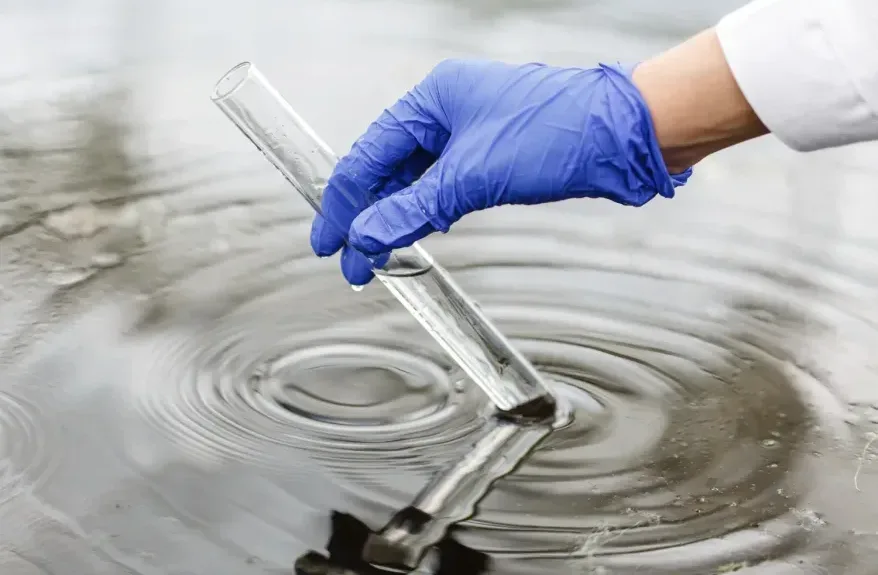Water is the source of life. However, not all water is immediately safe for human use. To ensure water is suitable for drinking, industrial processes, agriculture, and daily activities, it must undergo a proper water treatment process.
Water treatment plays a crucial role in protecting public health, maintaining environmental sustainability, and supporting industrial efficiency. Without proper treatment, water can carry harmful microorganisms, chemicals, and impurities that pose serious risks.
In this article, we will explore what water treatment is, why it is important, and the key processes involved.
What is Water Treatment?
Water treatment is the process of improving water quality to meet specific standards for various uses, including drinking water, industrial processes, and wastewater discharge. This process is applied to different types of raw water sources, such as:
- Surface Water: Water from rivers, lakes, and reservoirs. This type of water often contains bacteria, parasites, suspended solids, and chemical pollutants.
- Groundwater: Sourced from underground aquifers. While generally clearer, groundwater may still contain dissolved minerals, arsenic, nitrates, or iron.
- Wastewater: Water generated from domestic, industrial, and agricultural activities. Wastewater requires specialized water treatment to remove organic matter, nutrients, and heavy metals before reuse or discharge.
- Seawater: Used in desalination processes to produce freshwater in regions with limited water resources. This type of water treatment requires advanced technology and higher energy consumption.
Why is Water Treatment Important?
Untreated water can pose serious health risks. Microbiological contamination may cause diseases such as diarrhea, cholera, and typhoid, while long-term exposure to harmful chemicals like arsenic and nitrates can lead to cancer and other chronic health conditions.
Beyond health concerns, poor water quality can:
- Damage pipelines, boilers, and industrial equipment
- Reduce process efficiency
- Harm ecosystems when wastewater is discharged without proper treatment
Proper water treatment ensures clean, safe, and reliable water for communities and industries. Access to treated water is not only a basic human need but also a key factor in sustainable development.
What are the Water Treatment Processes/Methods?
The water treatment process varies depending on raw water quality and intended use. However, most systems follow several essential stages, as outlined below.
1. Coagulation
Coagulation involves adding chemicals known as coagulants to neutralize the electrical charge of fine particles suspended in water. Common coagulants include alum, aluminum sulfate, and polyaluminum chloride (PAC). These chemicals cause small particles to bind together, forming larger particles called floc.
2. Flocculation
During flocculation, gentle mixing encourages the small flocs formed during coagulation to combine into larger, heavier flocs. Flocculants—anionic, cationic, or non-ionic—may be added to improve efficiency and strengthen floc formation.
Read Also: Ensure Water Quality with the Right Water Treatment Chemical
3. Sedimentation
In this stage, the flocs settle at the bottom of a sedimentation tank due to gravity. This process separates most suspended solids from the water, leaving clearer water at the top.
4. Filtration
Filtration removes remaining fine particles and impurities. Water passes through filter media such as silica sand, activated carbon, anthracite, or membrane systems, depending on the required water quality.
5. Disinfection
Disinfection is the final step in the water treatment process. It eliminates pathogenic microorganisms using methods such as chlorination, calcium hypochlorite, or ultraviolet (UV) disinfection to ensure the water is safe for use and consumption.
Professional Water Treatment Solutions from Lautan Air Indonesia
Every water source has unique characteristics, and effective water treatment requires the right combination of technology, chemicals, and expertise.
With over 30 years of experience, PT Lautan Air Indonesia provides innovative, reliable, and customized water treatment solutions for industrial, commercial, and municipal applications. Supported by experienced experts and comprehensive services, we help ensure optimal water quality tailored to your specific needs.
Contact us today for a free consultation and discover the right water treatment solution for your operation.



